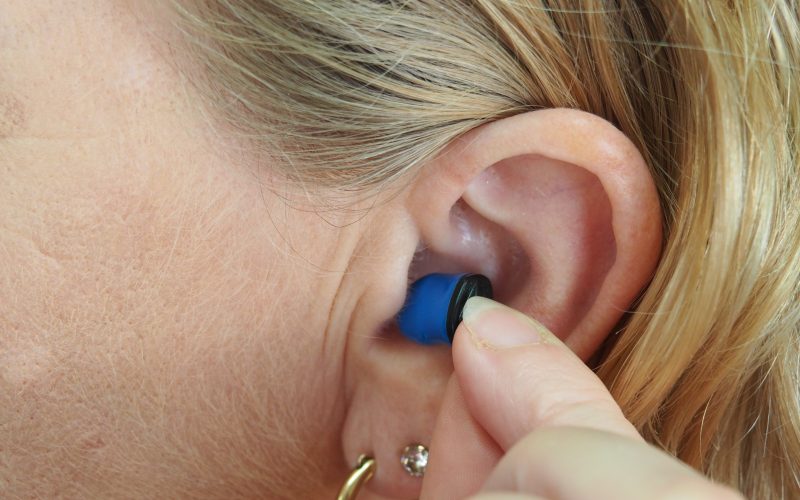In recent years, the Deaf community has been expressing growing concerns over unaddressed issues that affect their daily lives. From access to education and employment opportunities to healthcare and social services, the Deaf community faces numerous challenges that often go unacknowledged by the wider society. In this article, we will examine some of these concerns and highlight the efforts being made to address them.
One of the most pressing issues facing the Deaf community is access to education. While many schools and universities offer accommodations for Deaf students, such as sign language interpreters and note-takers, there is still a significant gap in educational attainment between Deaf and hearing individuals. According to a report by the National Deaf Center on Postsecondary Outcomes, only 5% of Deaf individuals earn a bachelor’s degree or higher, compared to 33% of the general population. This disparity is due in part to the lack of resources available to Deaf students, as well as discrimination and bias in the education system.
Another major concern for the Deaf community is employment. Despite the passage of the Americans with Disabilities Act (ADA) in 1990, which prohibits discrimination against individuals with disabilities in the workplace, many Deaf individuals still face significant barriers to employment. According to a report by the National Deaf Center, the unemployment rate for Deaf individuals is nearly double that of the general population, and those who are employed often face lower wages and limited career advancement opportunities.
Healthcare is another area where the Deaf community often encounters difficulties. Many Deaf individuals report feeling misunderstood or ignored by healthcare providers who are not trained in working with Deaf patients. This can lead to misdiagnosis, inadequate treatment, and even medical errors. In addition, Deaf individuals may have difficulty accessing healthcare services due to a lack of interpreters or other accommodations.
Social services are also an area of concern for the Deaf community. Many Deaf individuals rely on social services such as housing assistance, food stamps, and disability benefits to make ends meet. However, these services are often difficult to access for Deaf individuals due to a lack of accessible information and communication barriers.
Despite these challenges, the Deaf community is not passive in the face of adversity. Many organizations and individuals are working tirelessly to address these issues and create a more inclusive society. For example, the National Association of the Deaf (NAD) is a nonprofit organization that advocates for the civil rights of Deaf individuals and promotes equal access to education, employment, healthcare, and social services. The NAD has been instrumental in the passage of legislation such as the ADA and the Rehabilitation Act of 1973, which prohibits discrimination against individuals with disabilities in federally funded programs.
Individuals are also making a difference. Deaf actress and producer Marlee Matlin has been a vocal advocate for the Deaf community, using her platform to raise awareness of Deaf issues and advocate for change. Similarly, Deaf artist and activist Christine Sun Kim uses her artwork to challenge the societal perception of Deafness and promote Deaf culture.
In conclusion, the Deaf community faces numerous challenges that often go unacknowledged by the wider society. From access to education and employment opportunities to healthcare and social services, the Deaf community needs more support and recognition to achieve true equality. However, through the efforts of organizations and individuals, progress is being made towards a more inclusive society where the needs of the Deaf community are addressed and respected.












